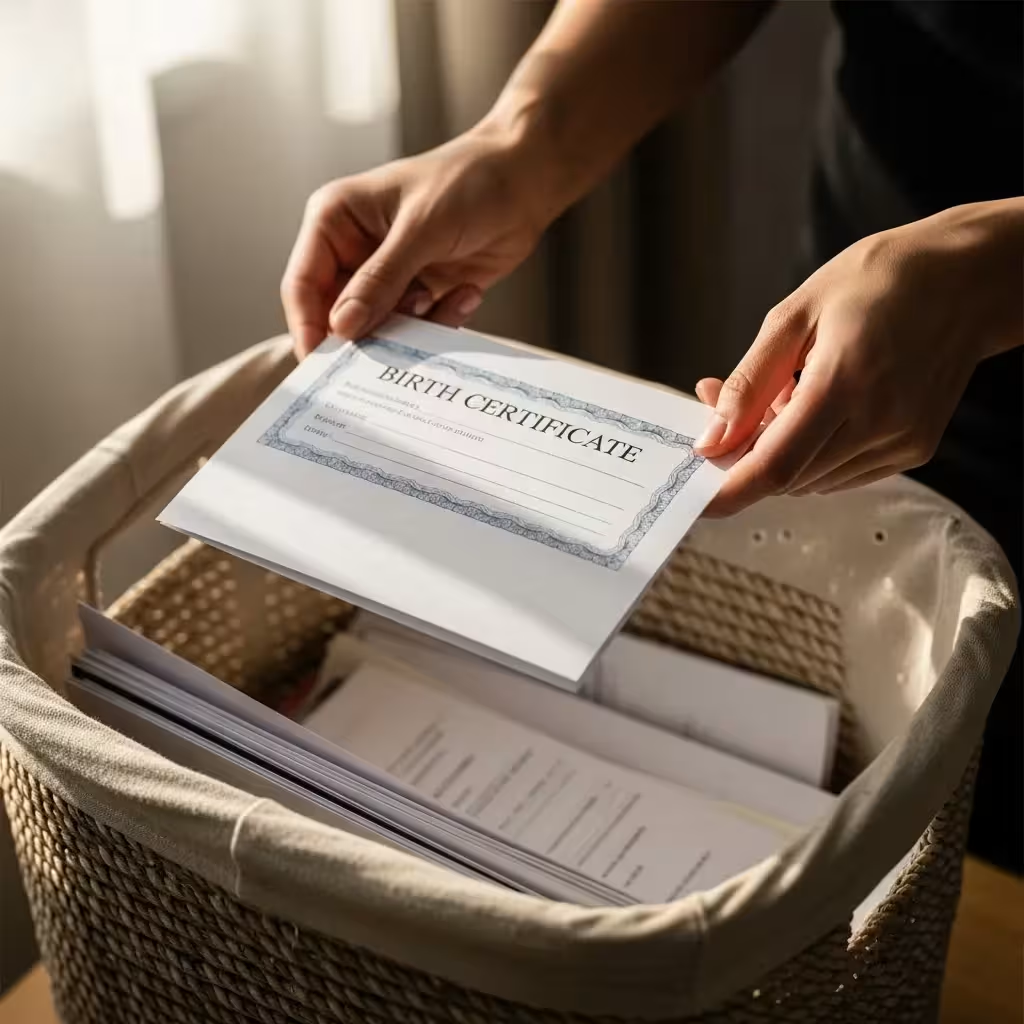
Step 1: Gather Your Key Documents (The Master Checklist)
This is the most time-consuming step, but it’s also the most important. Your goal in this phase is only to gather, not to sort or purge. Designate a cardboard box or a laundry basket as your temporary “Document Gathering Station.” As you locate an item from the list below, simply place it in the box. Don’t worry about order yet. We are creating a complete inventory first.
Here is a comprehensive checklist of what important documents should be kept together, broken down by category.
Personal Identification
These documents prove who you are. For items like driver’s licenses, it’s often best to include a high-quality color photocopy of the front and back, keeping the original in your wallet. For others, like birth certificates, you’ll want the original or a certified copy.
Gather these items for every member of your household:
Birth certificates (original or certified copies)
Social Security cards (Do not carry the original in your wallet; keep it secure here.)
Passports and passport cards
Driver’s licenses or state-issued ID cards (photocopies)
Military records (e.g., DD 214)
Green cards or naturalization/citizenship paperwork
Adoption records
Marriage and divorce certificates
Housing and Property
These documents prove ownership of your largest assets. Losing these can create significant legal and financial headaches, so gathering the originals is critical.
Deeds and titles for your home, land, and any other properties.
Vehicle titles and registration documents (Keep a copy of the registration in your car, but the original title goes here).
Lease agreements if you are a renter.
Mortgage documents or recent mortgage statements showing your loan number and lender.
Property tax statements from the most recent year.
Home inventory: This is a list, photos, or a video of your belongings for insurance purposes. The best way to store this is on an encrypted USB flash drive placed inside your binder.
Financial and Legal
This section provides a snapshot of your financial life and legal directives. You want enough information for you or a loved one to understand your financial landscape without exposing sensitive data like passwords.
A list of all bank and credit union accounts with institution names, account numbers, and branch locations. Do not write down PINs or online passwords.
Recent statements from retirement and investment accounts (e.g., 401(k), IRA, brokerage accounts).
A list of all credit cards. A photocopy of the front and back of each card is extremely useful if your wallet is lost or stolen.
Loan documents for mortgages, vehicles, students, or personal loans.
Legal documents: This is crucial. Include originals of your will, living will or advance directive, trusts, and power of attorney documents for both finances and healthcare.
Tax returns: The general advice is to keep the last 3-7 years of federal and state tax returns.
Medical Information
In a medical emergency, having this information organized and accessible can be life-saving. It allows medical professionals to provide faster, safer care.
Health, dental, and vision insurance cards (photocopies).
A comprehensive list of medications for each family member, including the drug name, dosage, frequency, and prescribing doctor.
A list of allergies and significant medical conditions.
Contact information for all doctors, specialists, dentists, and pharmacies.
Copies of key medical records, such as immunization records for children or recent surgical reports.
Healthcare Power of Attorney and Living Will (you may have this in the Legal section, but a copy here is also wise).
Insurance Policies
After an emergency, contacting your insurance company is one of the first calls you’ll make. Having the policy numbers and contact information ready is essential.
Homeowners or renters insurance policy (the declarations page showing coverage and policy number is most important).
Auto insurance policy and proof-of-insurance cards.
Life insurance policies.
Disability and long-term care insurance policies.
Flood, earthquake, or other specialty insurance policies.
Emergency and Contact Information
This is your personal “help” directory. A printed copy is vital because you cannot rely on a dead phone battery in an emergency.
A list of key contacts: family members, close friends, neighbors, doctors, lawyer, financial advisor, and veterinarian. Include names, phone numbers, and email addresses.
Pet records: Include vaccination records, microchip information, and a recent photo of each pet.
Copies of important keys: A spare house key and car key can be invaluable.
Utility company contact information and account numbers.
Digital Life and Access
In our modern world, much of our life is managed online. This section provides a secure guide to your digital assets without compromising security.
A list of important online accounts (email, banking, social media) with usernames only. Do not write down your passwords.
Information on your password manager: Note which service you use (e.g., LastPass, 1Password, Bitwarden) and a hint for the master password that only you would understand.
An encrypted USB flash drive. This is the perfect place to store digital copies of everything in your binder, plus your home inventory photos. An encrypted drive requires a password to access, adding a crucial layer of security.

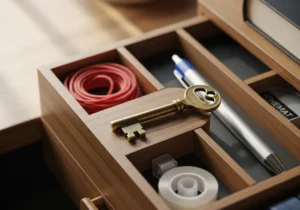

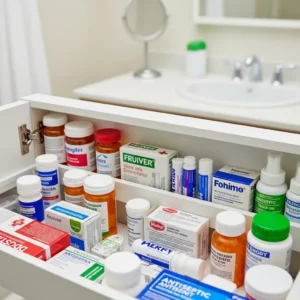


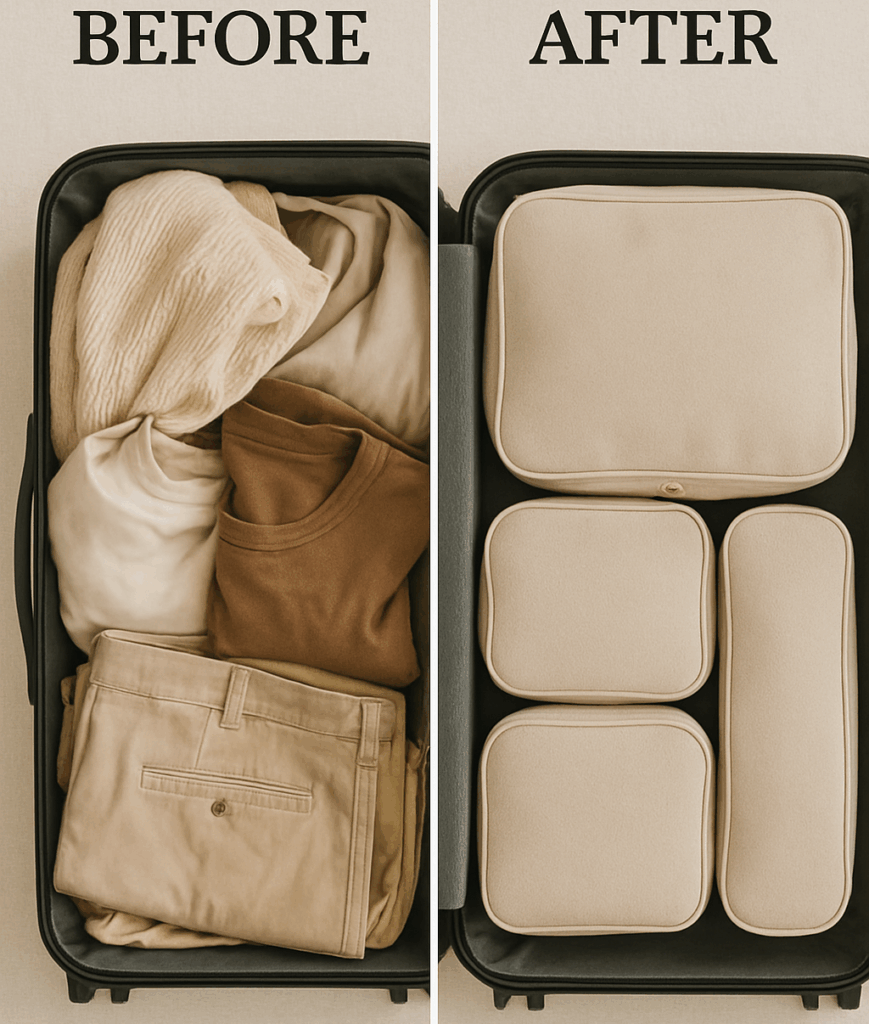





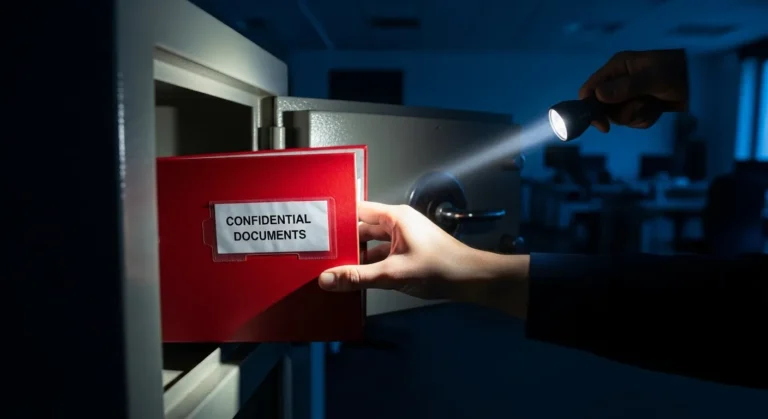

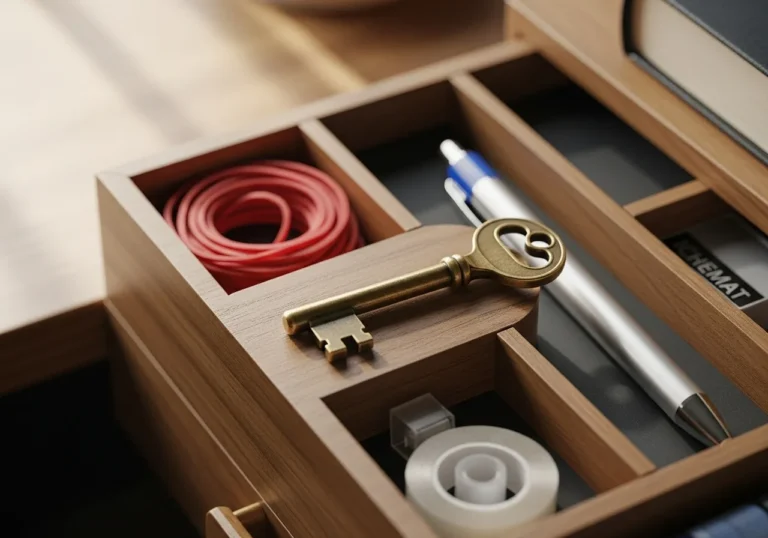


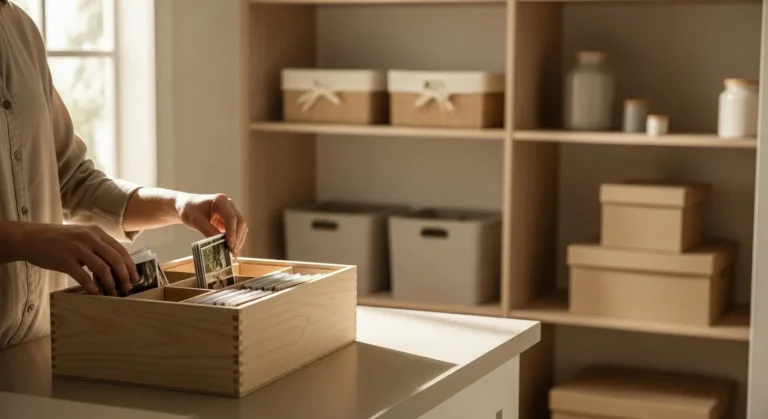
One Response
Excellent idea that must people never think about before it’s too late.